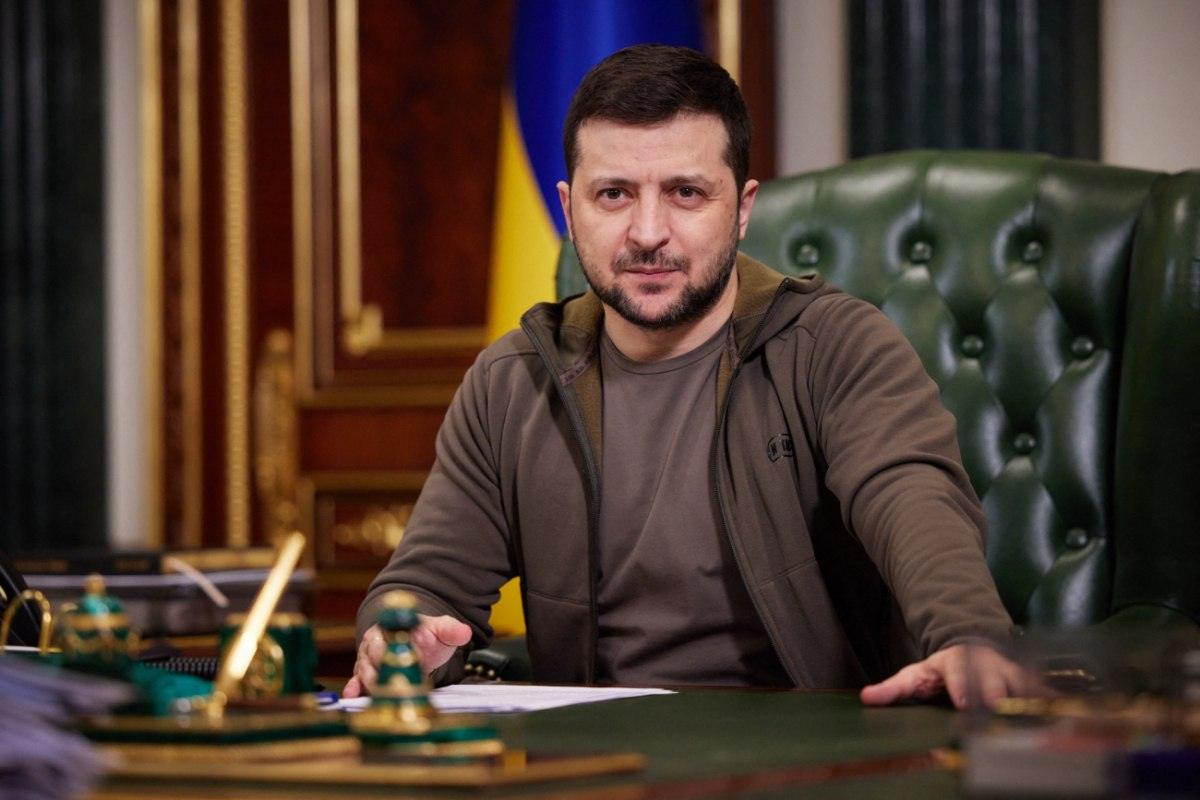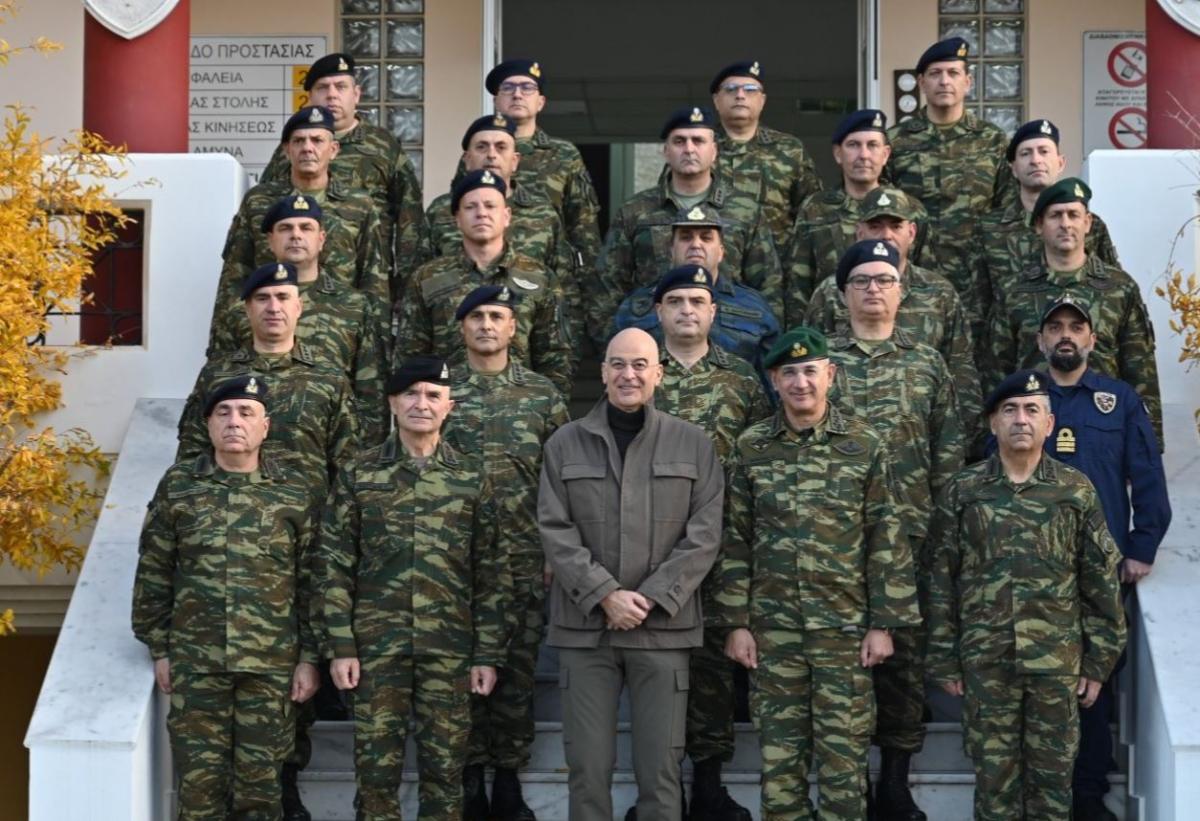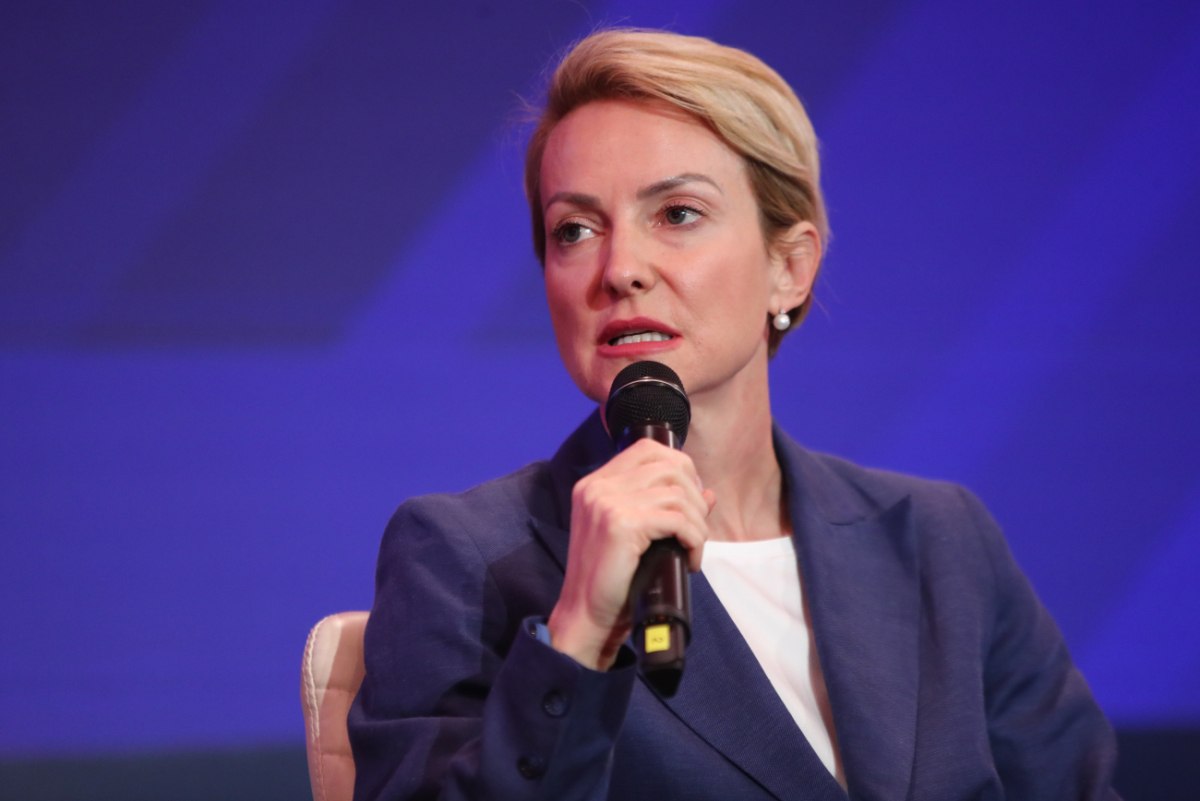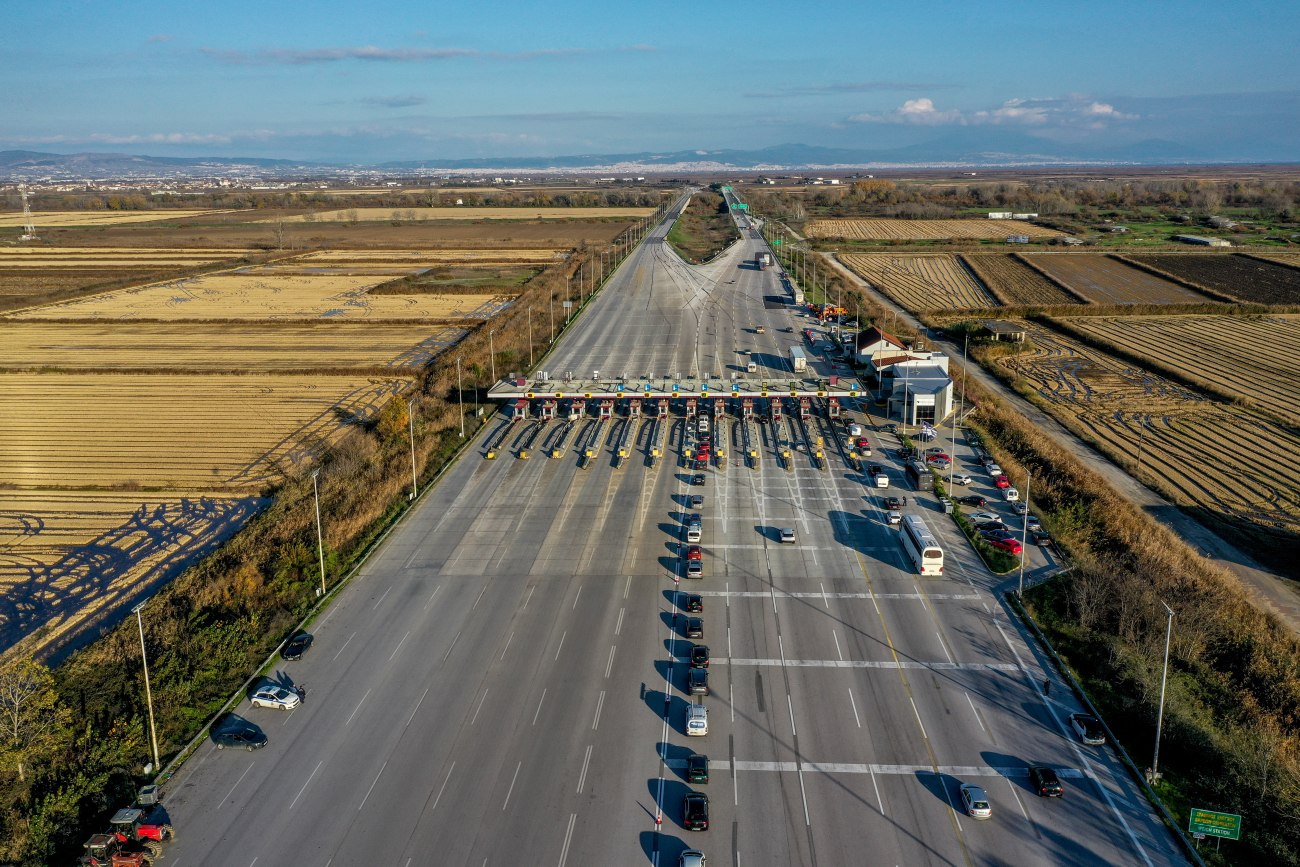It was noon, June 10, 1944. A somber day for the residents of Distomo in Boeotia, like all the days of the Nazi occupation in Greece. Until SS soldiers disguised as guerilla soldiers entered the village, starting to indiscriminately murder civilians: 218 innocent victims according to official figures, many women, civilian men, infants, children. A hell on earth according to the report sent from the SS headquarters in Lamia: “Leave nothing standing.” And he didn’t stay.
The testimonies that have survived are shocking to this day. 79 years later the local community and the descendants of the victims continue to demand justice for the Nazi atrocity.
A court decision of the Multi-Member Court of First Instance of Livadia in 1997 vindicates them by awarding compensation to the families of the victims in the amount of 30 million euros. All Greek post-war governments follow a fixed policy: for Greece, claims for war reparations aare continuously active in their entirety, and their assertion is a matter of principle. However, the German position is also fixed: the issue is considered from a legal point of view to be over and settled with the 2+4 Treaty of 1990.
On the occasion of the almost 80 years since the Massacre of Distomo, Lisa Bandum, MP of the Greens, head of the Hellenic-German Friendship Parliamentary Group and president of the Union of Hellenic-German Companies, gave a statement to DW’s Greek program.
“The brutal Massacre of Distomos, 79 years later, remains as cruel and abhorrent to us. Distomo is the best known example of the 110 martyred villages and the annihilation of life during the period of occupation, the period of the war of extermination. One of the best-known survivors is Argyris Sfoundouris, who was awarded the Grand Cross of the Order of Merit. Thanks to him, lies were exposed, we began to speak openly about these atrocities and Germany became more and more aware of its responsibility,” says Badum.
As the head of the Friendship Group of the two countries observes, “it is not self-evident that Germany-Greece relations are now so close, that Germany is home to the largest Greek-speaking community in Europe, that millions of people in both countries are linked by friendly or family ties . It’s a great gift.” And she continues speaking to DW: “We should not take it for granted and think that everything has been said or done about the past. We must also recognize that from the Greek side the question of reparations and compensation for the German war and the German occupation of Greece has not been definitively settled. A stronger exchange of views between the two parliaments, including on the significance of respective commemorations such as today, would be important. And also the time for a new initiative in the field of political memory may come in the future.”
Dugdelen: Germany avoids responsibility
An exclusive statement was also given to DW by Sevim Dankdelen from the Left: “The German government avoids its responsibility for the injustice it has caused in Greece. The complacent attitude of an absolute denial of reparations is a blow to the victims of the Nazis. That the Greens-led Foreign Office is also succumbing to this cynical strategy says a lot about the meaning of a values-based foreign policy. The only appropriate way would be to conduct fair negotiations with the Greek government and the associations of descendants of victims for war reparations and the repayment of the occupation loan.”
It is worth noting that the left-wing MP recently sent a series of questions to the German government on the occasion of the anniversary of the Massacre of Distomos and more broadly the issue of war reparations and reparations for Greece. Among other things, the response of the German government, signed by the responsible Minister of Foreign Affairs, Analena Berbock, regarding the opinion of the Greek parliament, which estimates the amount of reparations at 290 billion euros, is of interest:
“The report published on the website of the Greek Parliament is known to the German government. It highlights the enormous amount of damage and unimaginable pain caused by the German occupation and the crimes committed by the German occupiers in Greece. The German government is aware of Germany’s historical, moral and political responsibility. This is the guiding principle for its attitude towards today’s Greece”.
The government is focusing on the Hellenic-German Fund for the future
To a question about the refusal of the German government to enter into dialogue with Greece on the issue of reparations and reparations, the answer is as follows: “The German government is aware of the German occupation and suffering for the heinous crimes committed by Germans, which to this day is evident in many sections of Greek society. It is thus committed to promoting bilateral relations in their full spectrum, establishing a future-oriented German-Greek culture of memory. The Hellenic-German Fund for the Future contributes to this, among others.”
Also of interest is the question of whether the German government is considering in the future paying reparations to individuals or designing additional programs that will fulfill the purpose of reconciliation or mutual understanding. The German government avoids taking a position on the issue of private compensation, referring to its earlier response which essentially repeats the German positions. From there, he states that “since 2014, commemorative programs of almost 1 million euros per year have been financed by the Hellenic-German Fund for the Future. Also, the German government has been involved since 2016 with a fund of 10 million euros in the construction of the Holocaust Museum of Thessaloniki”.
Finally, as to whether a “value-based foreign policy” advocated by the Foreign Minister can be taken seriously when “the German government refuses to compensate the victims of Distomos for their suffering”, the answer is follows: “The value-based foreign policy of the German government is, among other things, a consequence of the injustice committed by Germany through the Nazi regime.”
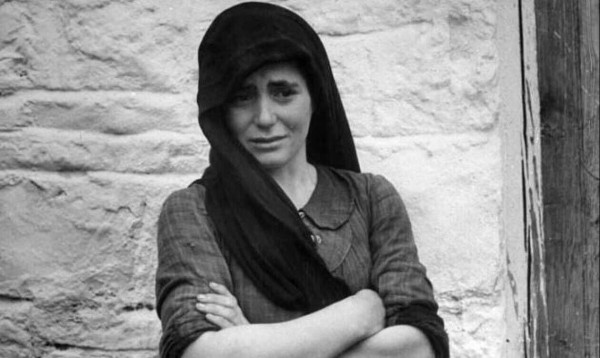


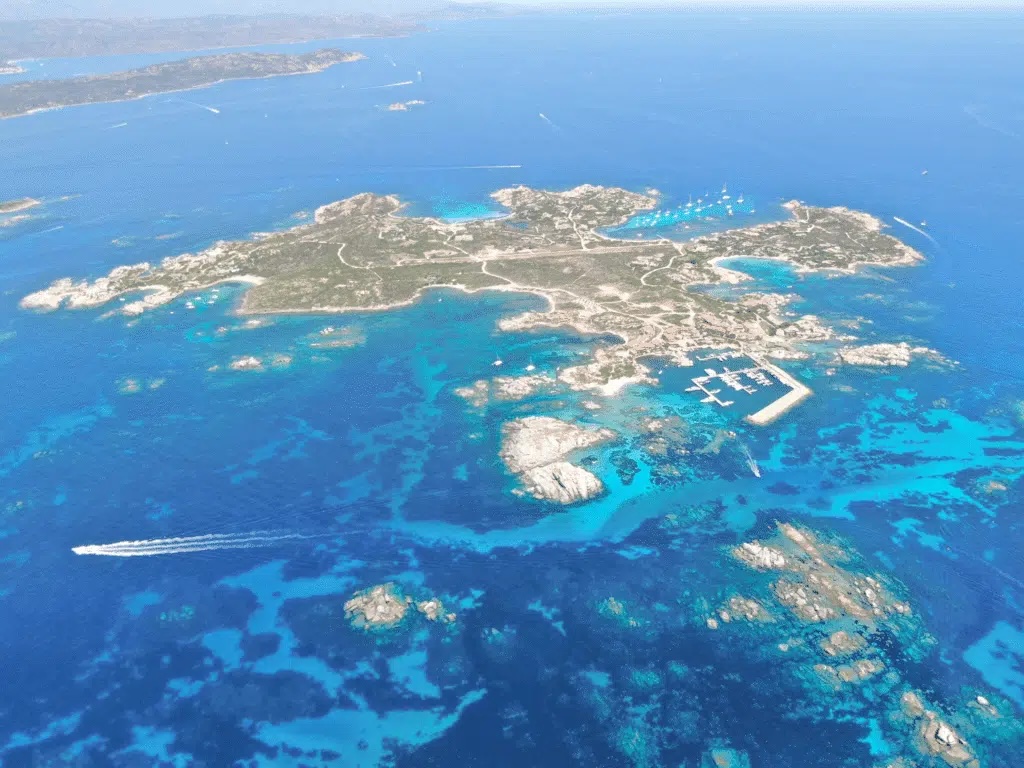
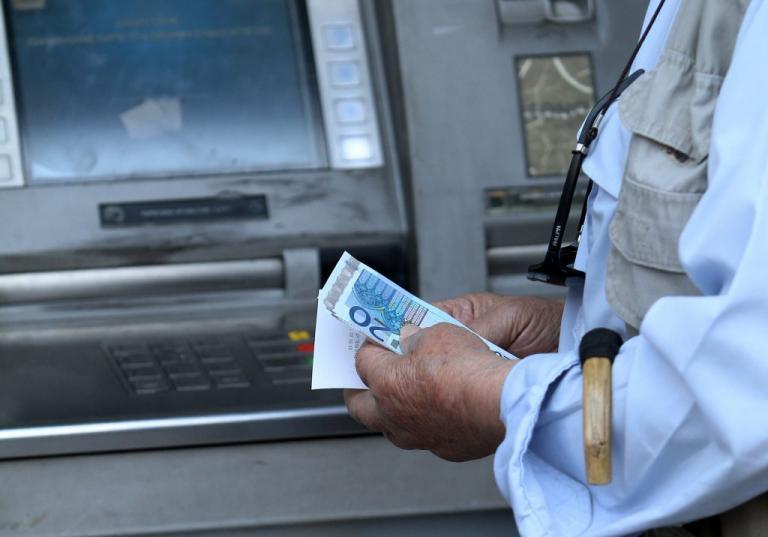










![Χρυσή βίζα: Μειώνονται οι αιτήσεις – Γιατί φρενάρει η ζήτηση [πίνακες]](https://www.ot.gr/wp-content/uploads/2025/11/golden-visa-768x516-1-1.jpg)






